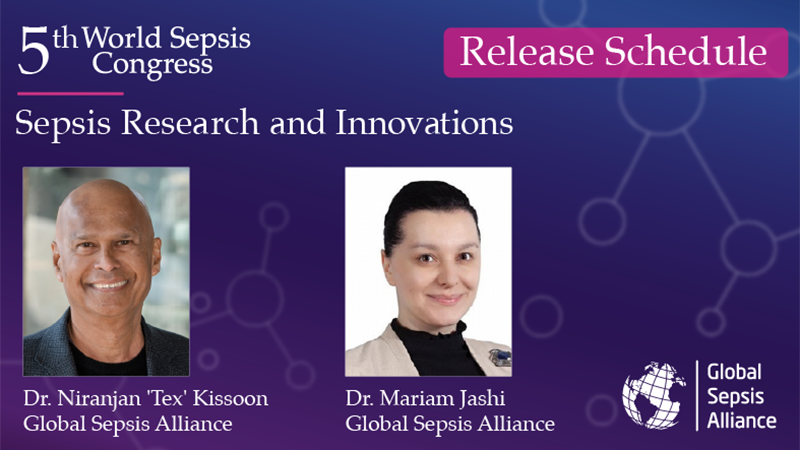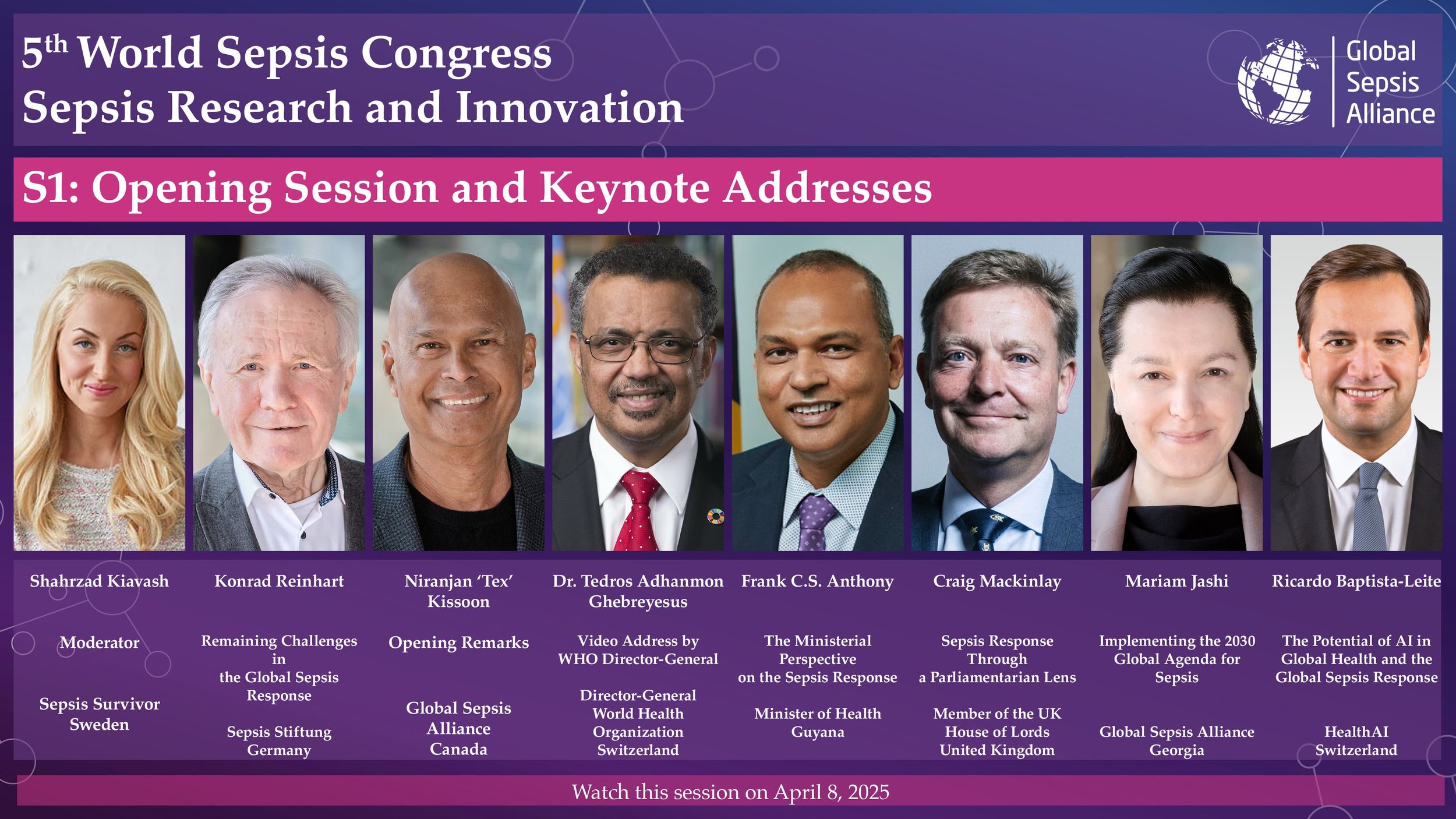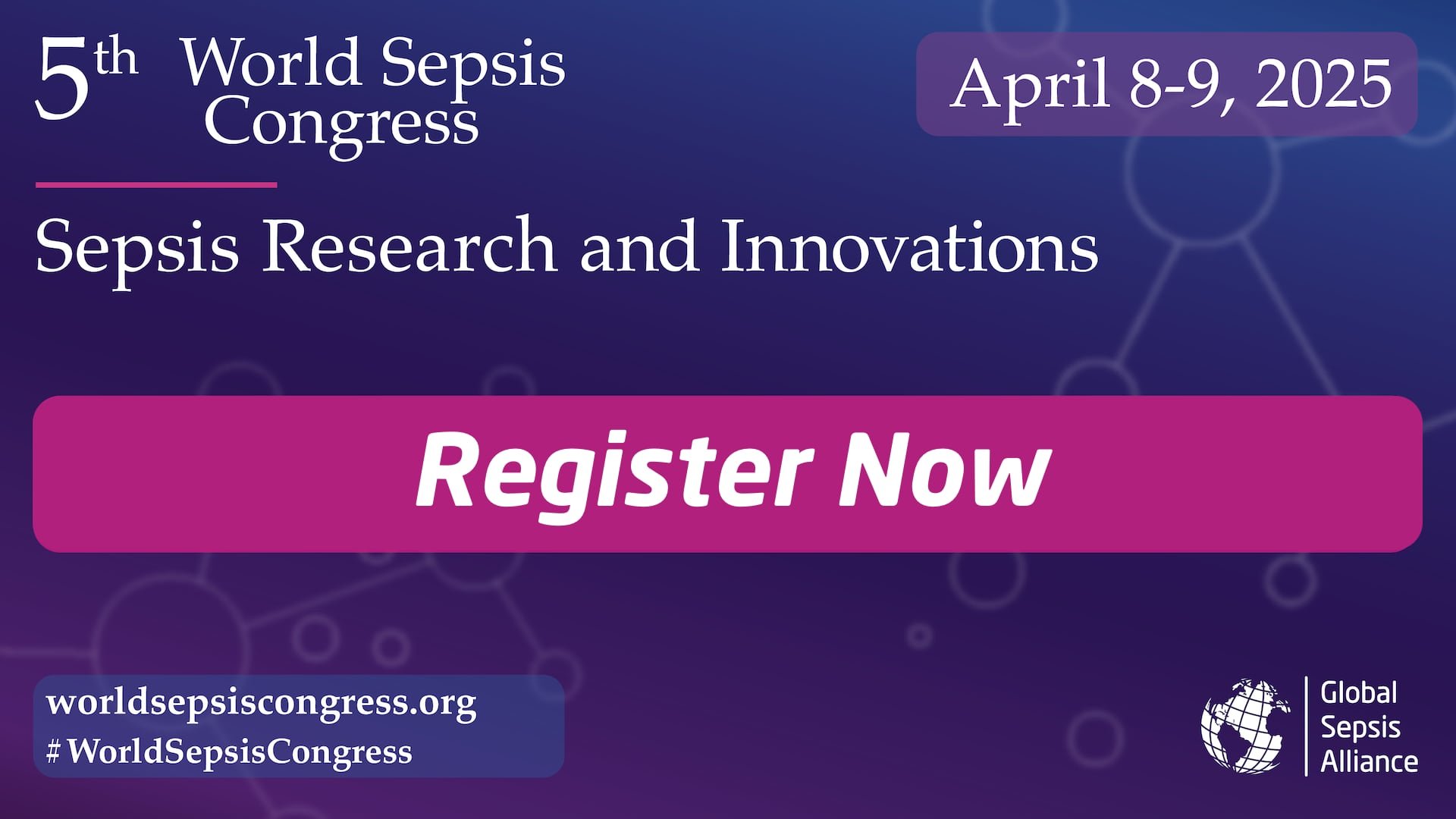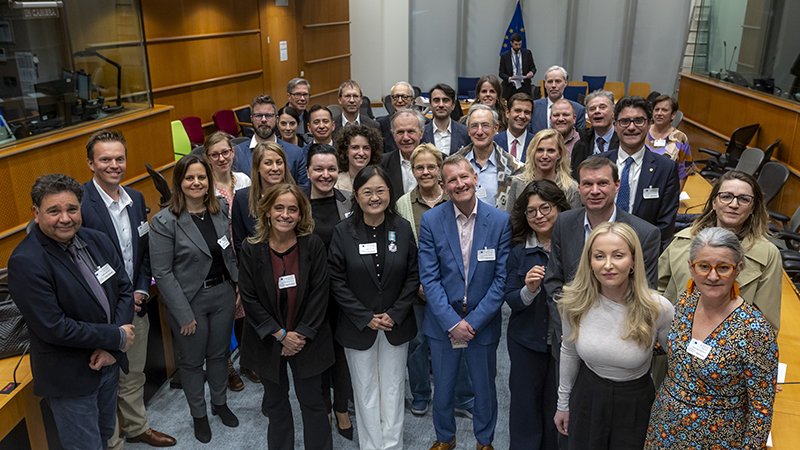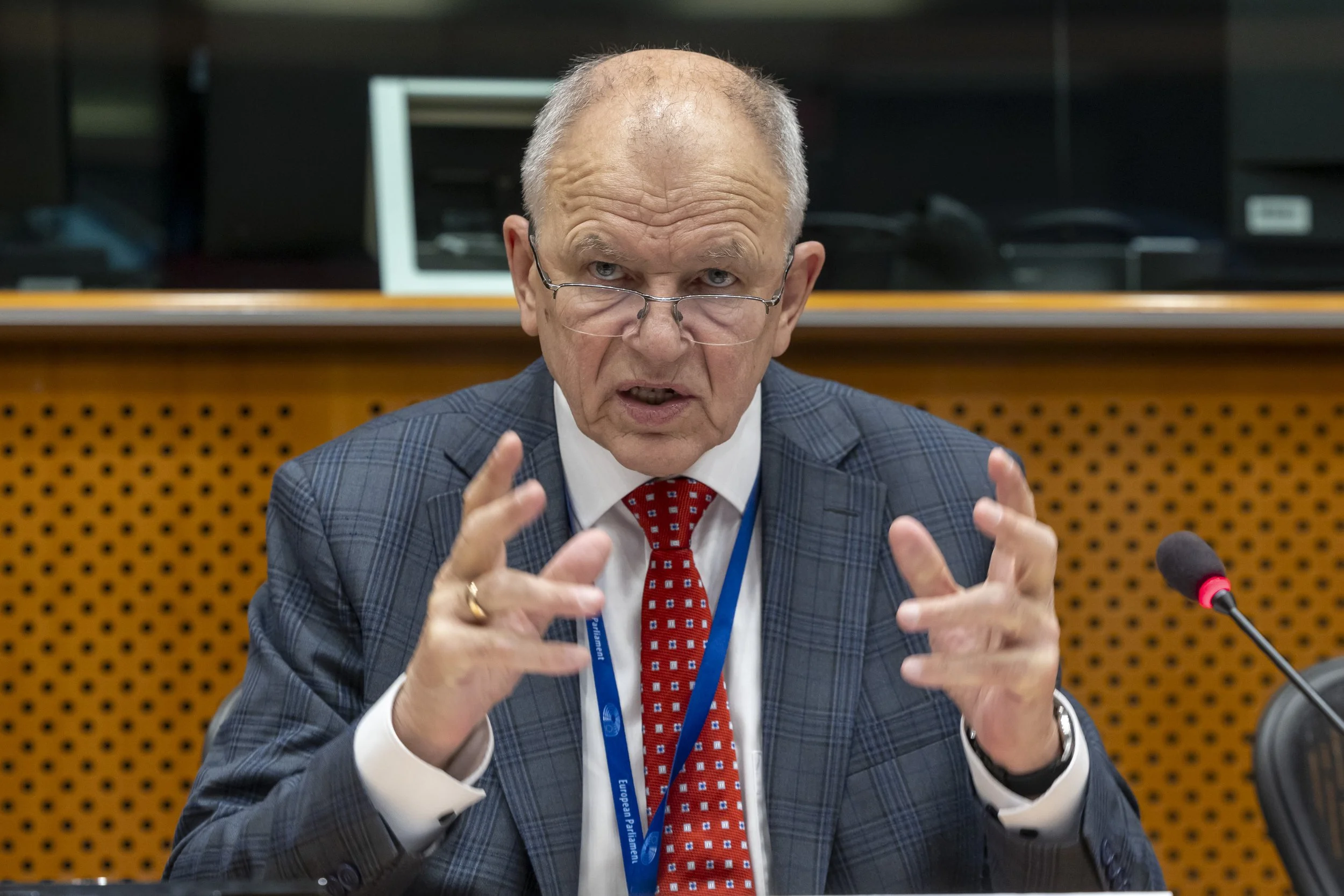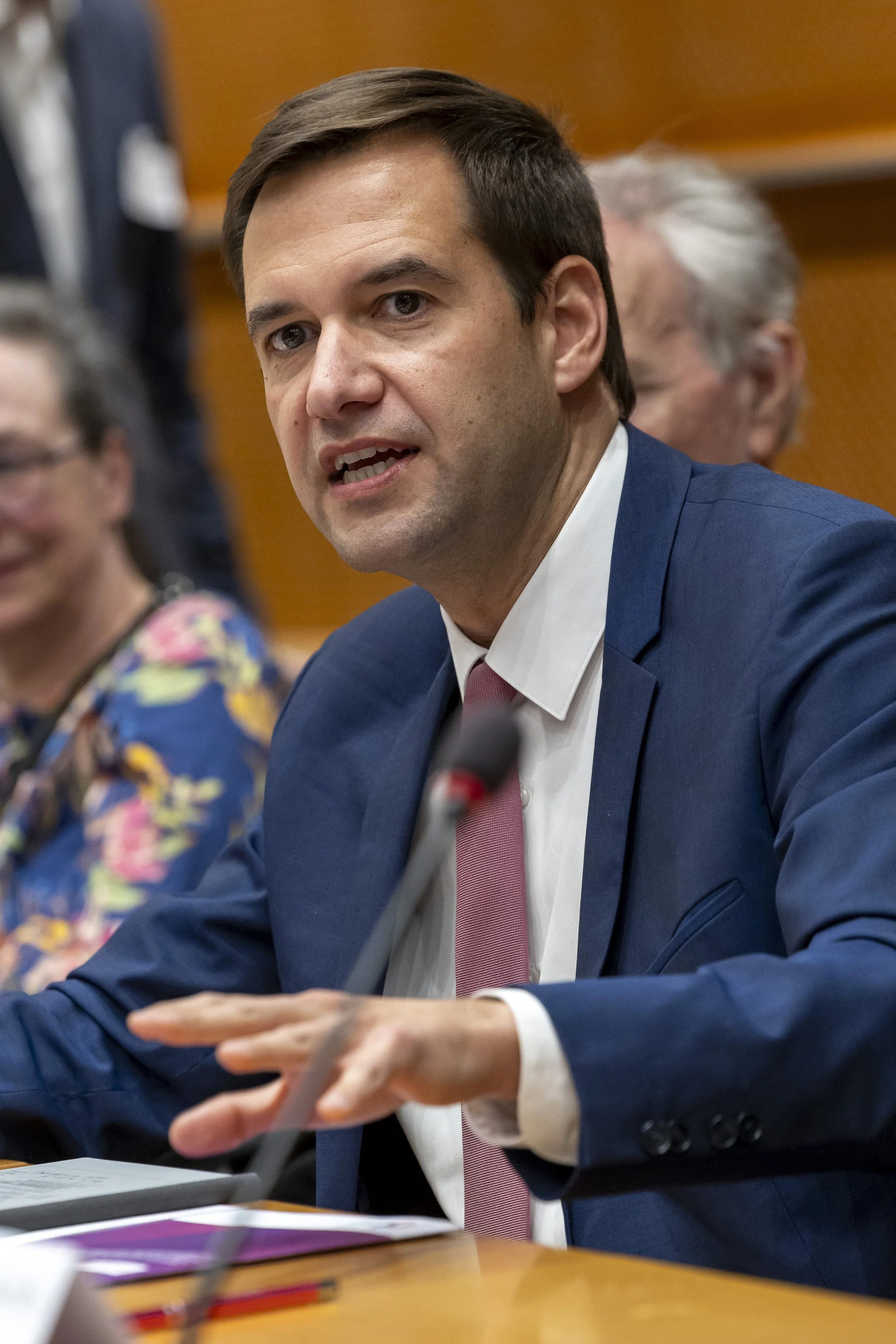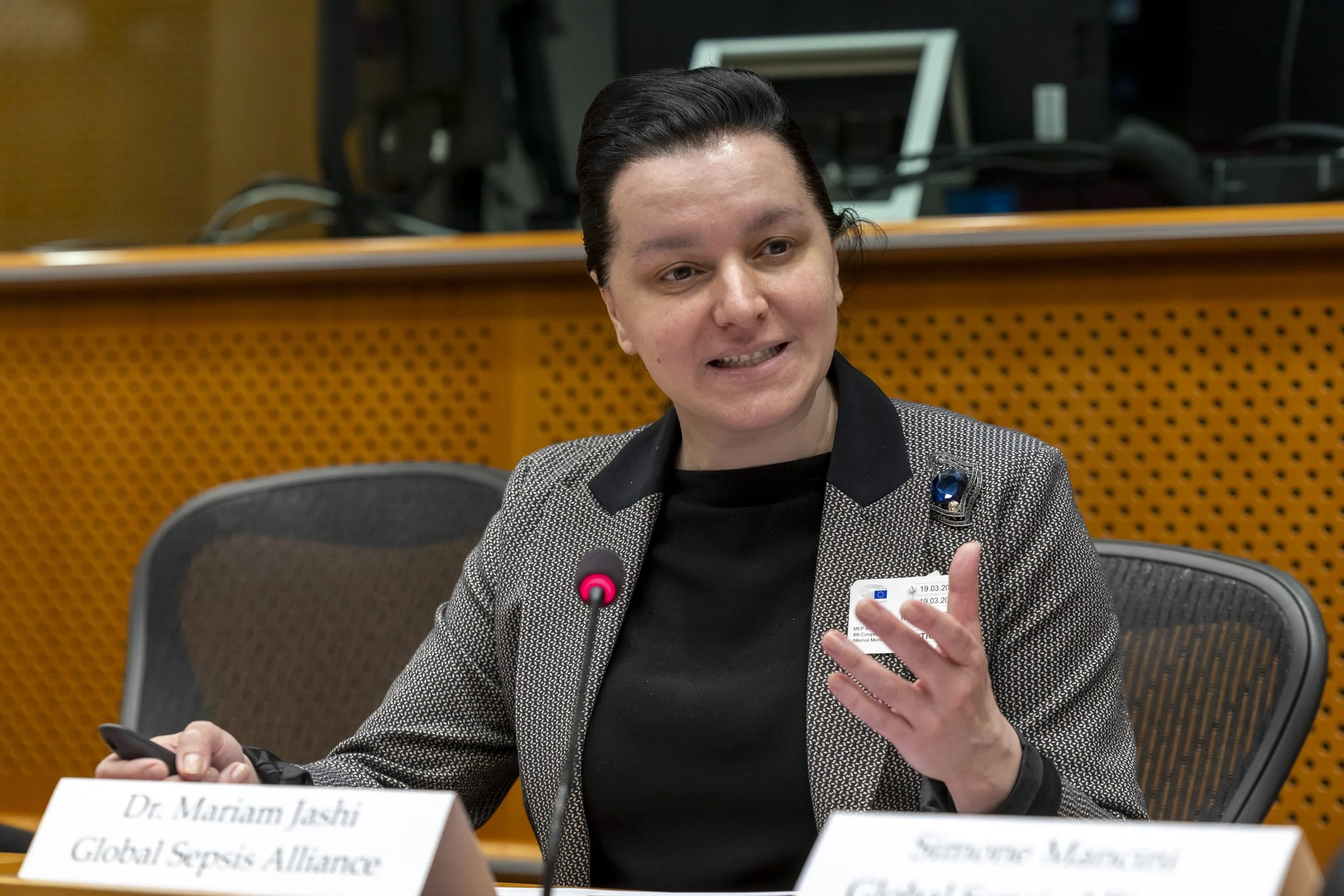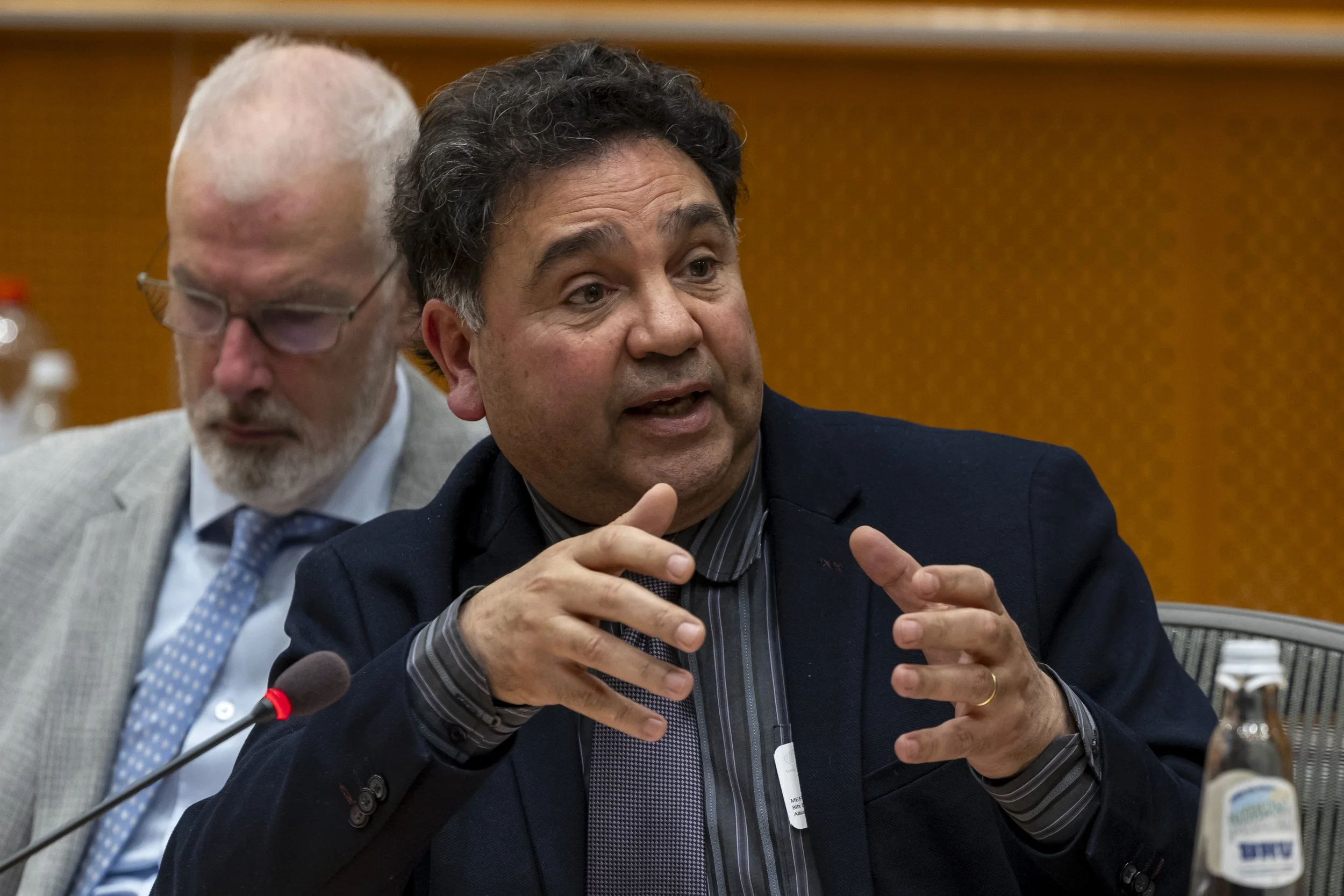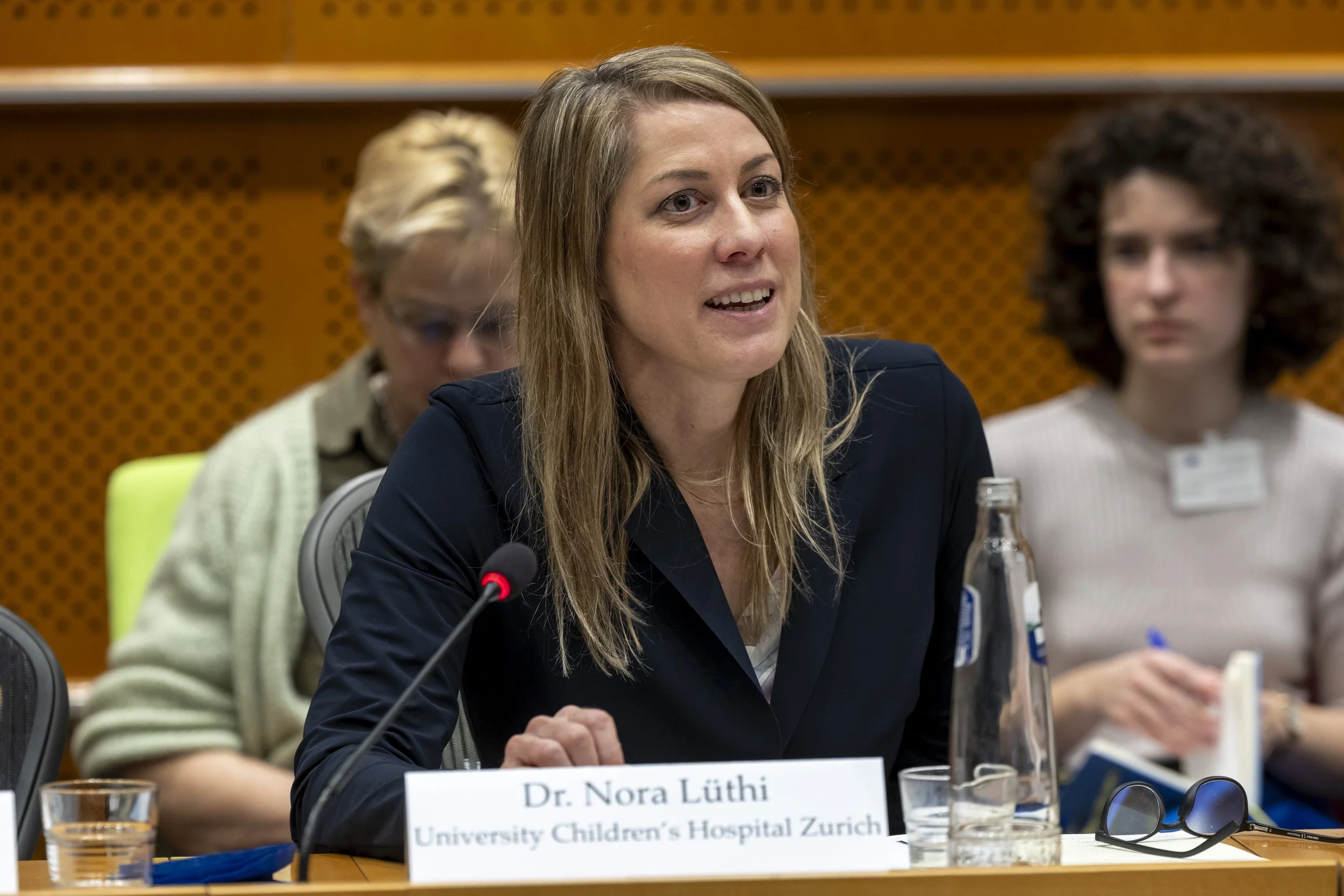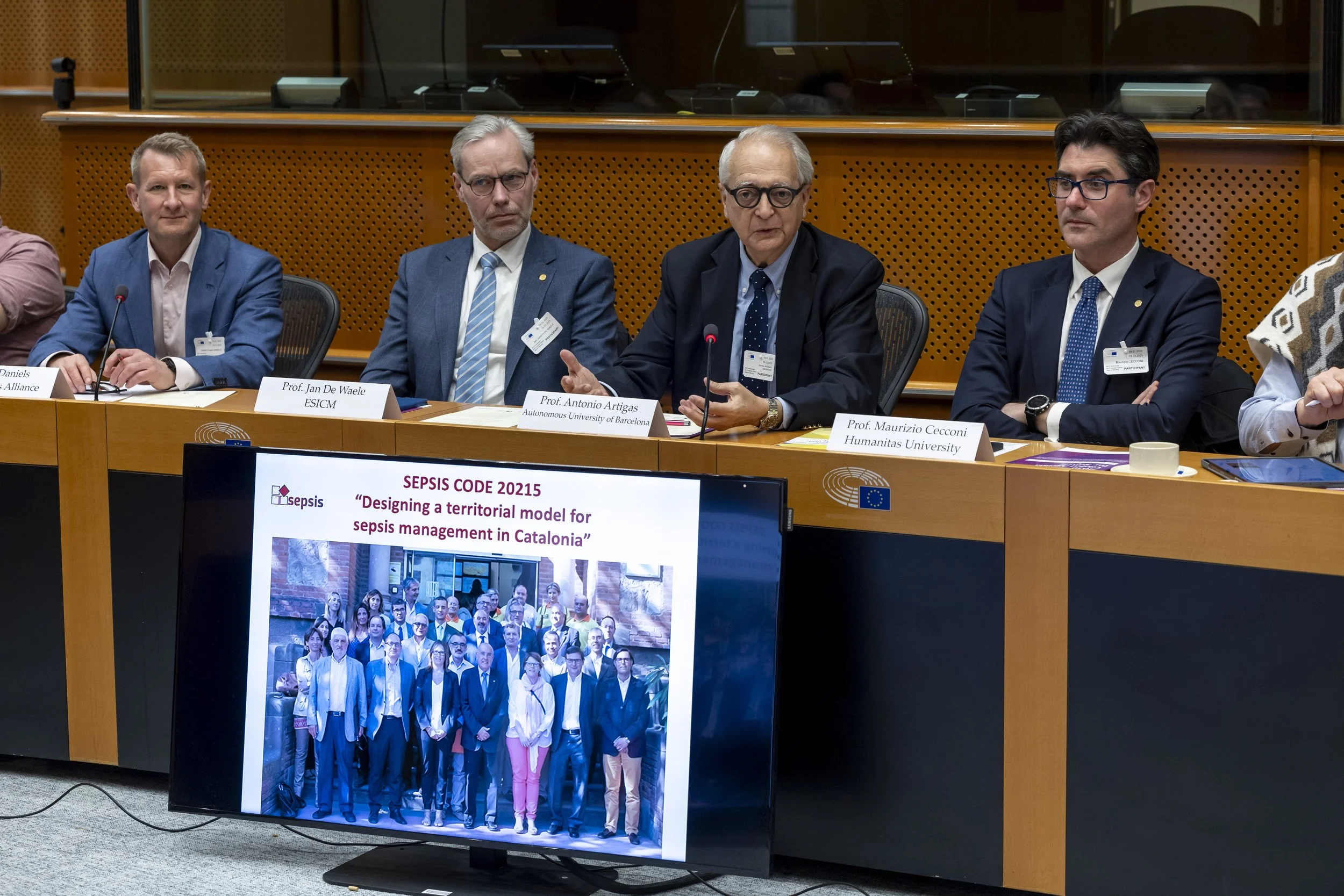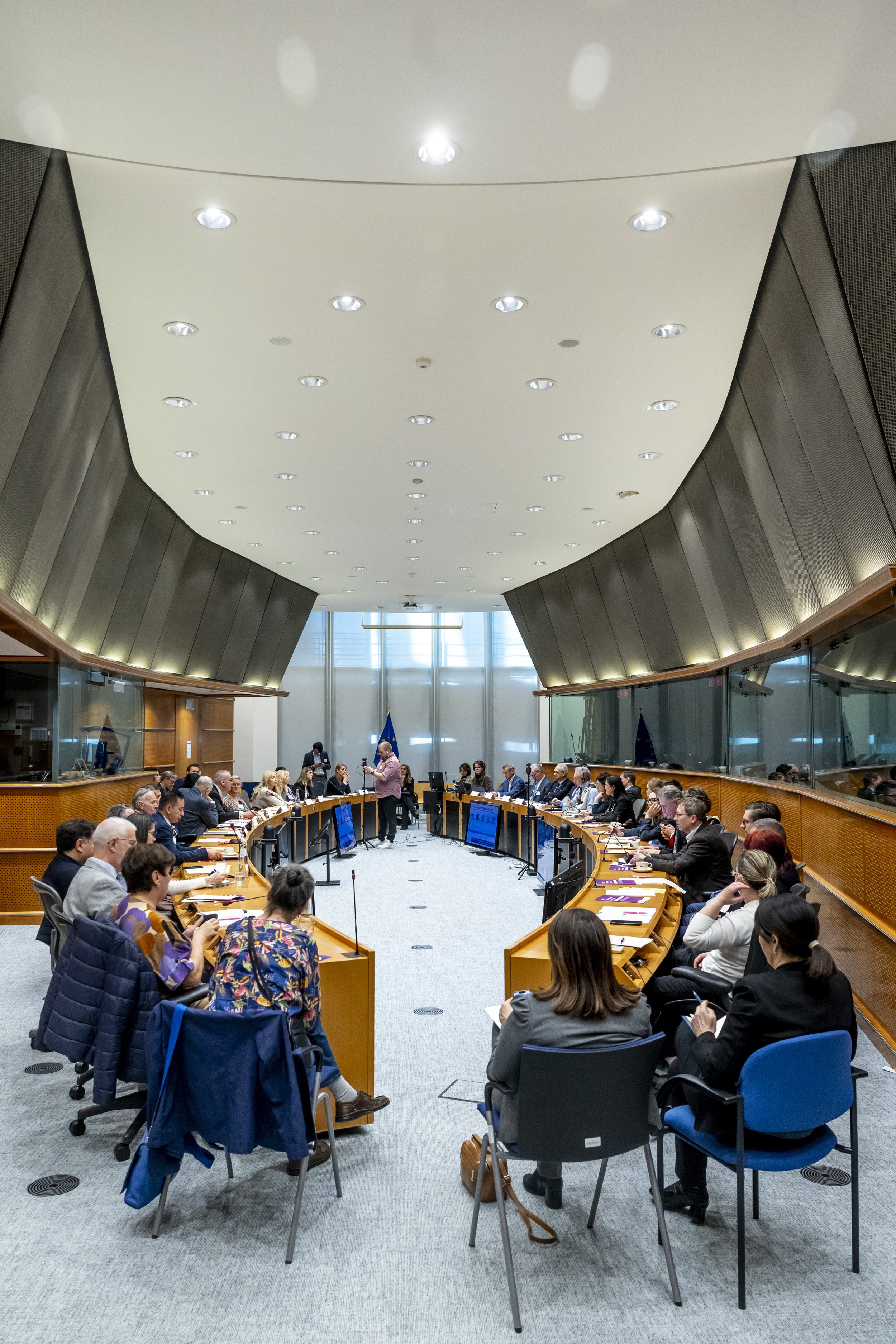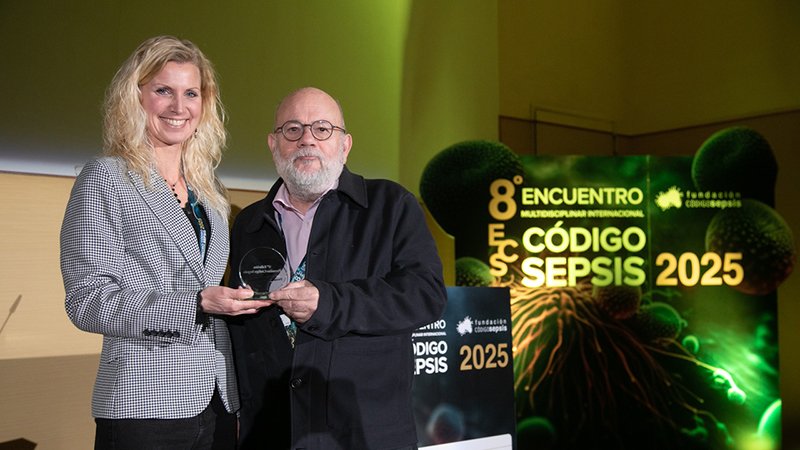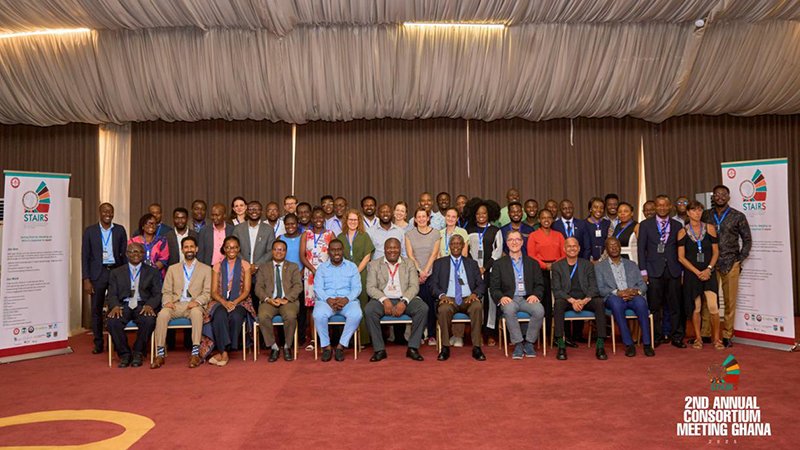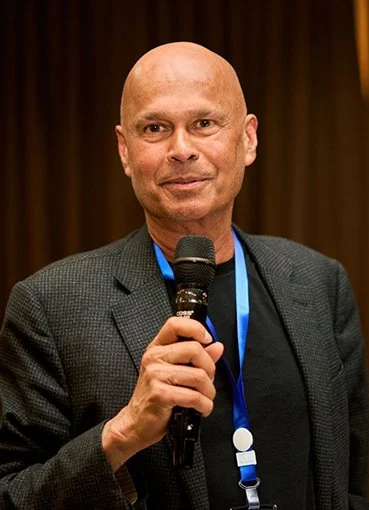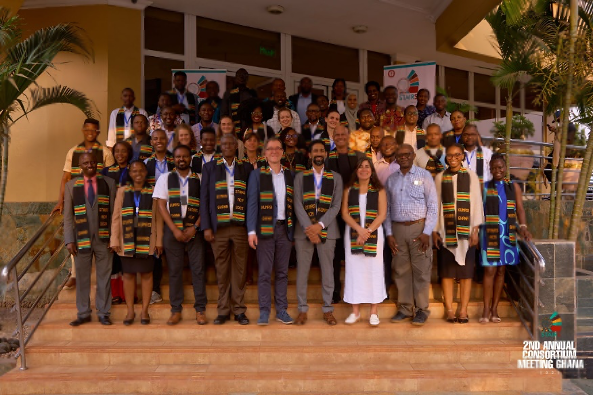Thank you all for joining the 5th World Sepsis Congress yesterday – the congress was a monumental success, with almost 12,000 registrations from more than 180 countries. A full report will be available in May. We are immensely thankful to over 80 speakers from more than 35 countries, as well as our excellent moderators.
We would like to extend a special thanks to Dr. Tedros, WHO Director-General, for his video address in the Opening Session, and Sir Jeremy Farrar, WHO’s Chief Scientist, for his keynote in Session 8.
Release Schedule
All sessions of the 5th World Sepsis Congress have been recorded and will be available on YouTube and wherever you get your podcasts over the next couple of weeks.
We will release the sessions weekly on Tuesdays, starting with the Opening Session on April 15, 2025. From then on, we will be releasing two new sessions each Tuesday:
S1: Opening Session – Tuesday, April 15, 2025
S2: Sepsis Epidemiology and Clinical Data – Tuesday, April 22, 2025
S3: The Voices of Patients in Advocacy, Research, and Beyond – Tuesday, April 22, 2025
S4: Novel Approaches to Pathogen Detection and Sepsis Diagnostics – Tuesday, April 29, 2025
S5: The Immunization Agenda for Sepsis – Tuesday, April 29, 2025
S6: Pathways for Sepsis Care – Integrated Emergency, Critical, and Operative Care (ECO) – Tuesday, May 6, 2025
S7: Bridging Sepsis Knowledge Gaps in HICs and LMICs – Tuesday, May 6, 2025
S8: Infection Prevention and Control in Community and Healthcare Settings – Tuesday, May 13, 2025
S9: Reducing Sepsis Mortality Through System Change – Lessons from Trailblazing Countries? – Tuesday, May 13, 2025
S10: AI Solutions for Sepsis – Tuesday, May 20, 2025
S11: The Research Agenda for AMR and Sepsis – Tuesday, May 20, 2025
S12: Pediatric Sepsis: The LMICs Cannot Wait for Improved Outcomes Any Longer – Tuesday, May 27, 2025
S13: State of the Art in Sepsis Research: Emerging Immunomodulatory Approaches – Tuesday, May 27, 2025
S14: Sepsis in Emergencies and Humanitarian Crisis – Tuesday, June 3, 2025
S15: Prevention and Rehabilitation of Long-Term Sequelae From Sepsis – Tuesday, June 3, 2025
Or just search for ‘World Sepsis Congress’ on YouTube or in your favorite podcast app. You can already subscribe on either platform to be automatically notified when new sessions become available.
Certificate of Attendance
Your Certificates of Attendance will be available on April 22 at the latest, and you will receive exact instructions on how to obtain yours with the session mailing for Sessions 2 and 3 on April 22 – stay tuned.

